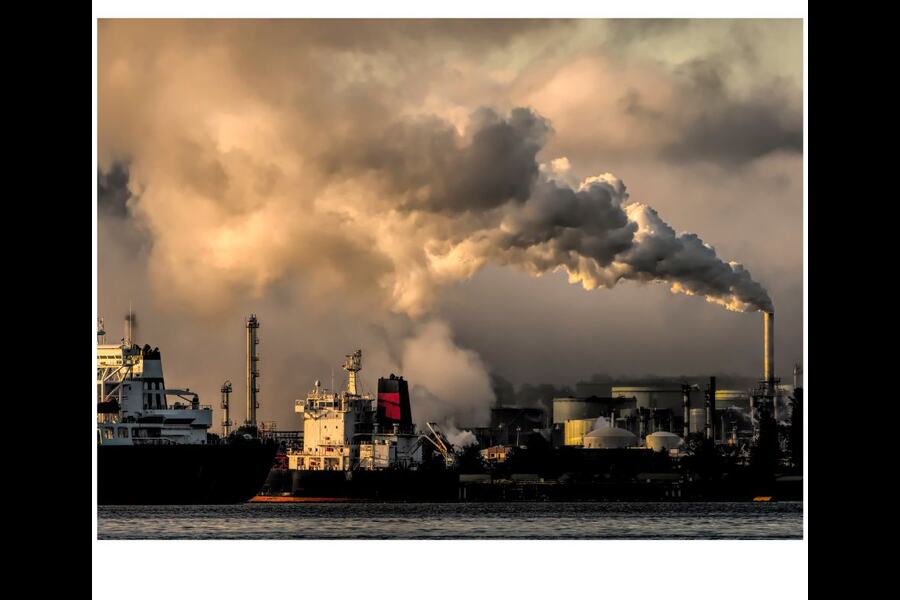The air pollution control sector plays a crucial role in mitigating environmental contaminants that adversely affect human health and ecosystems. As industries and governments worldwide intensify efforts to combat air pollution, the sector has witnessed a surge in mergers and acquisitions (M&A). These activities are driven by companies aiming to expand technological capabilities, enter new markets, and comply with stringent environmental regulations.
Frequency and Drivers of M&A in the Air Pollution Control Industry
M&A deals in the air pollution control industry occur frequently as firms seek strategic advantages. The primary motivations include achieving economies of scale, accessing innovative technologies, diversifying product portfolios, and enhancing competitive positioning. For example, in the United States, CECO Environmental completed the acquisition of Profire Energy in January 2025 for approximately $122.7 million, aiming to advance its position as a leading environmental solutions provider in industrial markets.
Regional M&A Trends: Europe, US, Asia, Africa, and Australia
United States
The US air pollution control industry has seen significant M&A activity, with companies focusing on acquiring innovative technologies to meet regulatory requirements. The acquisition of Profire Energy by CECO Environmental is a prime example of this trend.
Europe
In Europe, the waste management sector has been a hotbed of M&A activity. Macquarie, an Australian asset manager, launched a £700 million takeover bid for Renewi, a waste management company focused on recycling and waste-to-energy operations in the Netherlands and Belgium. This move reflects Macquarie’s strategy to invest in sustainable infrastructure and environmental services.
Asia
Asia, particularly China, has been highly active in renewable energy and air pollution control sector deals. In 2023 alone, the region saw 647 M&A transactions in the renewable energy sector, emphasizing China’s commitment to sustainability.
Africa
While the African air pollution control industry is still developing, it is gaining interest from international investors. M&A activities in this region are expected to increase as environmental policies become stricter.
Australia
Australia has seen record volumes of upstream and liquefied natural gas (LNG) M&A deals in 2023, which have direct implications for air pollution control initiatives.
Top 10 Historical M&A Deals in the Air Pollution Sector
- Honeywell International Inc. acquired Sundyne LLC for $2.2 billion (2025).
- CECO Environmental acquired Profire Energy for $122.7 million (2025).
- May River Capital formed Tusk Industrial with a $110 million acquisition (2025).
- Anguil Environmental Systems Inc. acquired Young & Bertke Air Systems Company (2024).
- Camfil Air Pollution Control acquired Handte Umwelttechnik (2014).
- Wheelabrator Air Pollution Control was acquired by Energy Capital Partners (2014).
- Honeywell International Inc. acquired Elster Group for $5.1 billion (2015).
- Siemens AG acquired Dresser-Rand Group Inc. for $7.6 billion (2015).
- General Electric acquired Alstom’s power and grid businesses for $10.6 billion (2015).
- Johnson Controls merged with Tyco International for $16.5 billion (2016).
Recent M&A Activities in 2024 and 2025
CECO Environmental’s Acquisition of Profire Energy
CECO Environmental acquired Profire Energy for $122.7 million in January 2025, aiming to strengthen its combustion and emissions control solutions. This acquisition is expected to position CECO as a leader in industrial environmental technologies.
May River Capital’s Formation of Tusk Industrial
May River Capital launched Tusk Industrial through the acquisition of Global Pump Solutions. This move represents a strategic effort to create a strong platform in industrial flow control.
Honeywell’s $2.2 Billion Acquisition of Sundyne LLC
Honeywell’s acquisition of Sundyne LLC aligns with its strategy to expand energy security offerings and solidify its presence in the petrochemical and renewable fuels markets.
Strategic Decisions and Their Impact
These strategic acquisitions highlight key trends in the air pollution control sector:
- Technological Advancement: Companies are focusing on acquiring firms with cutting-edge pollution control solutions.
- Market Expansion: Businesses are entering new geographical markets through acquisitions.
- Regulatory Compliance: Stricter environmental regulations are pushing companies to invest in air pollution control technologies.
Conclusion
Mergers and acquisitions in the air pollution control sector are expected to continue growing as companies strive to enhance their competitive positioning and comply with regulatory standards. With increasing global emphasis on sustainability and clean air, this sector remains a crucial area for strategic investments.

